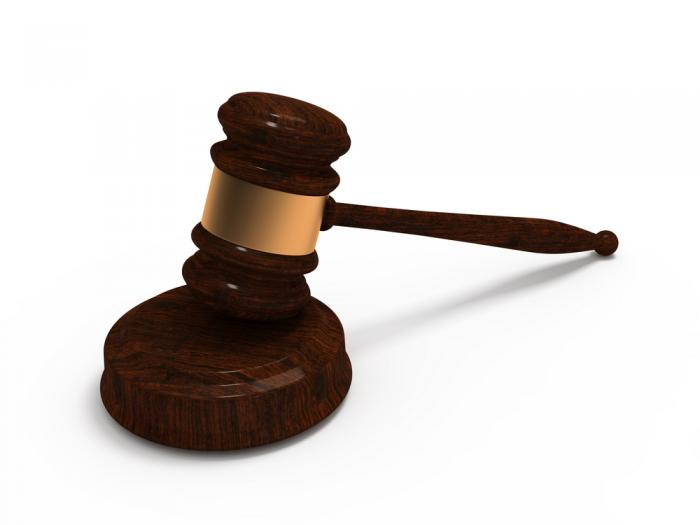- Home
- Play & Learn Home
- Online Enrichment
- Experience Modern Israel
- Israel It's Complicated
- Jewish and Me
- Jewish Holidays Jewish Values
- Jewish Values in Genesis and Jewish Values in Exodus
- Min Ha’aretz
- Our Place in the Universe
- Simply Seder
- The Prophets: Speaking Out for Justice
- Making T'filah Meaningful
- Make, Create, Celebrate
- Yom Haatzmaut Resources
- Hebrew Apps
- About The OLC
- What is the OLC?
- Introduction
- Get Started
- Resources
- OLC Content
- Parent Materials
- See My OLC Classes
- Store
Justice Ruth Bader Ginsburg: Humble. Pursuits.
"God guides the humble in justice and teaches the humble God's path."
Psalms 25:9
When former President Bill Clinton asked Ruth Bader Ginsburg why he should appoint her to the Supreme Court, she didn't immediately reply. "I never thought I'd be here," Ginsburg, then a federal judge, shyly admitted, "sitting in front of the president of the United States talking about whether I should be on the Supreme Court." She then explained how she thought she might help end the bitter divisions on the high court over controversial issues. Impressed by her humility, the president nominated Ginsburg the next day. While Justice Ginsburg's decisions affect millions, she and her fellow judges largely remain out of the public eye, and her petite frame and soft-spoken words conceal the power she holds. We caught up with Justice Ginsburg between Supreme Court decisions to hear her make the case for Jewish values.
BABA: Hi, Justice Ginsburg. How is the quality of humility important for a Supreme Court justice?
JUSTICE GINSBURG: With tremendous job security [Supreme Court justices are appointed for life], one could become arrogant or imperial. But Supreme Court justices know that the Constitution places great trust in the Court's hands, and fidelity to that trust makes us approach our work with due humility. We listen to and respect each other's views, just as we would want others to listen to and respect the views we state.
BABA: How has being Jewish contributed to your role as Supreme Court justice?
JUSTICE GINSBURG: I was born and raised as a Jew, and I'm proud of it. The demand for justice runs through the entirety of the Jewish tradition. I hope, in my years on the bench of the Supreme Court of the United States, I will have the strength and courage to remain constant in the service of that demand.
BABA: Can you share a Jewish holiday memory with us?
JUSTICE GINSBURG: The best part of the Seder for me, the youngest child, was when I got to ask the questions, and the whole rest of the evening was providing answers.
BABA: What is the phrase that's on the wall of your chambers?
JUSTICE GINSBURG: They are the well-known words from Devarim, tzedek tzedek tirdof, Justice, justice you shall pursue. That is a constant reminder to me as a judge of what I am bound to do.
BABA: Our sages teach us that "ein habayshan lomed”— you can't be timid when it comes to learning. How has this concept played a role in your life?
JUSTICE GINSBURG: My mother conveyed to me her love of learning and her appreciation of good books. Perhaps she was timid about pursuing formal education for herself. She was proud, however, that her salary—she began working at age 15—helped to make it possible for her eldest brother to attend Cornell University. She was glad I would have the opportunity to attend Cornell and happy that attitudes had changed so that her daughter could aim for both marriage—the world's most important partnership—and independence.
BABA: Judaism urges us to strike a healthy balance between self-esteem and humility. Did you ever feel this struggle?
JUSTICE GINSBURG: Appreciation of one's own ability is not at odds with appreciation that the Court's members possess no greater wisdom than many others who might have been chosen for the positions we hold. Luck—mazel—plays a large part in determining the particular nine who serve on the Court at any one time. A fine jurist, Justice Robert Jackson, had it right when he said: We "are not final because we are infallible," rather we "are infallible only because we are final." One of the greatest judges of all times in the United States, Learned Hand, never sat on the Supreme Court. From his pen, nevertheless, flowed opinions that proved path-breaking. Relating to the importance of humility to sage judging, Judge Hand said, "The spirit of liberty is the spirit that is not too sure it is right."
BABA: Thank you, Justice Ginsburg. In our humble opinion, you're an inspiration!
JEWISH JUSTICES
Ruth Bader Ginsburg is one of seven Jewish justices who have served on the Supreme Court. Test your knowledge about some of the others!
- The Jewish justice who currently serves on the Supreme Court with Ruth Bader Ginsburg is:
a. John Roberts
b. Stephen Breyer
c. Sandra Day O’Connor
- The first Jew to serve on the Supreme Court was:
a. Louis Brandeis
b. Benjamin Cordozo
c. Abe Fortas
- The first Jew to be nominated to the Supreme Court—but who refused the position, was:
a. Judah Benjamin
b. Haym Solomon
c. Henry Kissinger
- Which Jewish justice resigned three years after his appointment to become the U.S. Ambassador to the United Nations?
a. Abe Fortas
b. Felix Frankfurter
c. Arthur Goldberg
- Which Jewish justice was able to attend college thanks to a scholarship established by his rabbi?
a. Stephen Breyer
b. Abe Fortas
c. Felix Frankfurter
Answers: 1-b; 2-a; 3-a; 4-c; 5-b
0


